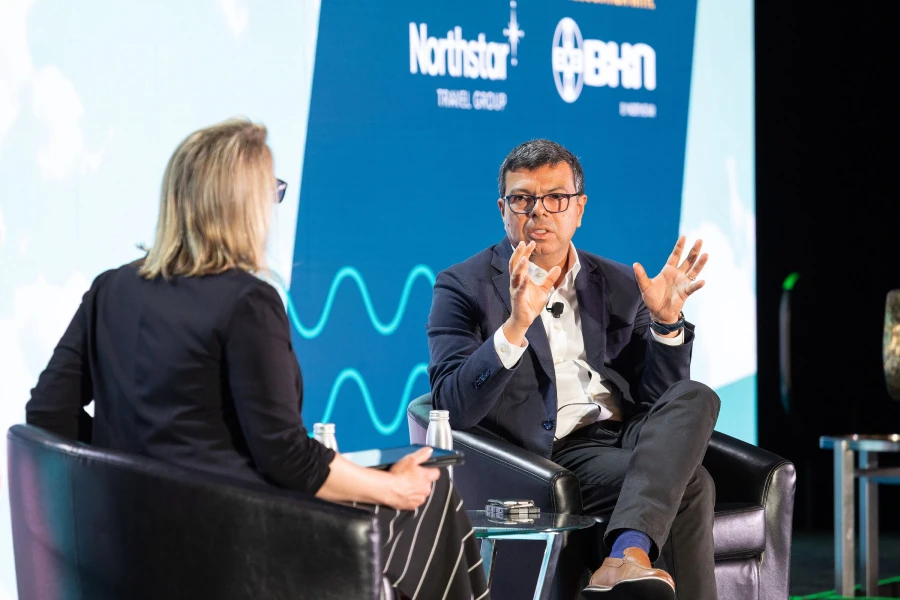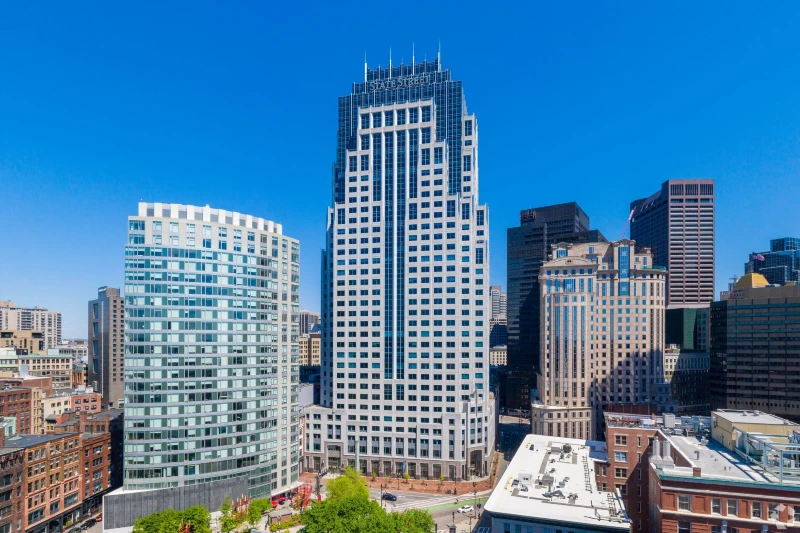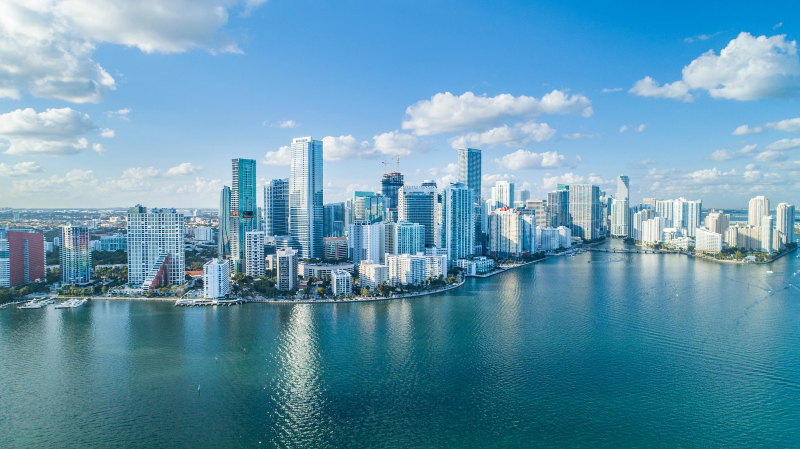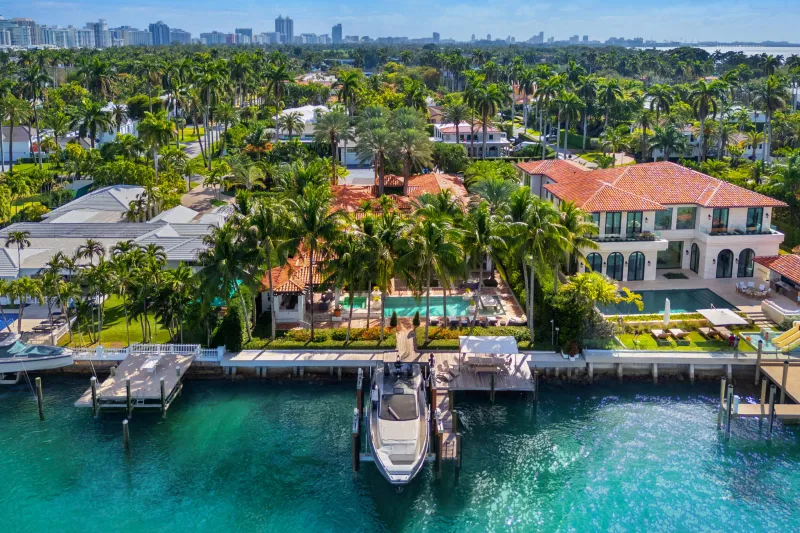
May 13, 2025
Driftwood Capital has launched a new Driftwood Lifestyle & Luxury Division (DLLUX), focusing on managing, investing in, and developing luxury and lifestyle hotels and branded residences. Alinio Azevedo, former CEO of Aspen Hospitality, leads the division and is spearheading a dedicated investment fund targeting over $3 billion in assets across the U.S. and select international markets. At launch, DLLUX assumed oversight of 12 properties from Driftwood Hospitality Management, including The Scottsdale Resort & Spa and Hotel Rumbao in San Juan. The initiative aligns with evolving travel trends favoring immersive, bespoke experiences and aims to meet the growing demand from affluent travelers seeking high-end accommodations.

Mar 26, 2025
The One Lincoln St. office tower in Boston was sold for $400 million at a foreclosure auction, a sharp decline from its $1 billion valuation in 2022. The building’s previous owner, Fortis Property Group, struggled with high vacancy rates after losing State Street Corp. as a tenant. Despite attempts to lease space, including a deal with HarbourVest Partners, the tower remains less than half leased. This sale reflects a broader trend of declining office building values nationwide, as vacancy rates rise due to shifts in work patterns post-pandemic. The new owners, BDT Capital Partners and DivcoWest, plan to capitalize on recent renovations aimed at attracting tenants.

Mar 24, 2025
Florida lawmakers are updating the state’s affordable housing law, the Live Local Act, to address challenges developers face and streamline housing construction. The law, introduced in 2023, provides tax incentives for developers who include workforce housing in their projects but has faced resistance from local governments using zoning rules to slow development. Proposed updates aim to speed up the tax incentives, allowing developers to access them earlier in the approval process, and remove barriers that hinder progress, such as new permit fees and restrictions on density. These changes are seen as essential for addressing Florida’s growing affordable housing crisis. The bills are expected to be passed by the end of Florida’s legislative session in May.

Mar 12, 2025
Blackstone has closed its latest real estate debt fund, Blackstone Real Estate Debt Strategies V, with $8 billion in total capital commitments, making it one of the largest private commercial property lending sources globally. The fund has attracted significant investments, including $1.5 billion from the California Public Employees’ Retirement System (CalPERS), which saw a nearly 5% increase in value. Despite the challenging fundraising environment due to high interest rates, commercial real estate lending has performed well, with major private equity firms seeing a rebound in capital raises. Blackstone’s debt strategies primarily focus on commercial property mezzanine loans and debt securities. The firm now manages $77 billion in assets within its real estate debt funds.

Feb 20, 2025
In Miami, the luxury housing market has surged as wealthy buyers push home prices to unprecedented levels, making entry-level homes increasingly scarce. Between 2019 and 2024, sales of single-family homes under $500,000 dropped by nearly 80%, while the market for homes priced between $500,000 and $1 million saw significant growth. High-end sales have skyrocketed, with the number of homes sold for over $10 million rising by 248% since 2019, and the luxury threshold for single-family homes now reaching $3.3 million. The shortage of affordable homes is exacerbated by limited inventory, high construction costs, and owners holding onto properties. Despite challenges like rising sea levels and insurance costs, Miami’s allure for the ultra-wealthy continues to drive the market upward.





